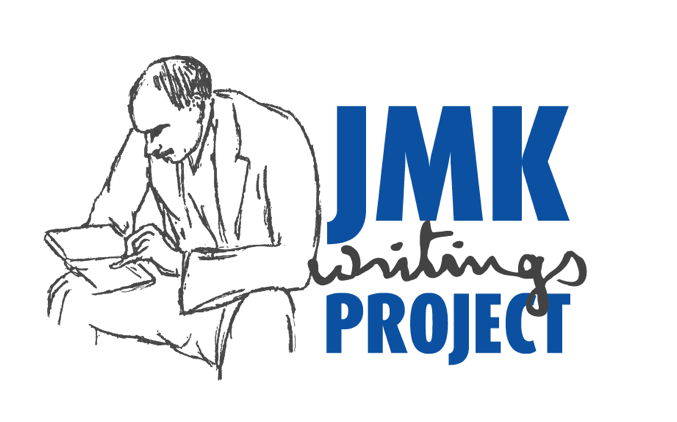Remarks by L. Randall Wray at “The Treaty of Versailles at 100: The Consequences of the Peace”, a conference at the Levy Economics Institute, Bard College, May 3, 2019.
I’m going to talk about war, not peace, in relation to our work on the Green New Deal—which I argue is the big MEOW—moral equivalent of war—and how we are going to pay for it. So I’m going to focus on Keynes’s 1940 book— How To Pay for the War—the war that followed the Economic Consequences of the Peace.
Our analysis (and the MMT approach in general) is in line with JM Keynes’s approach. Keynes rightly believed that war planning is not a financial challenge, but a real resource problem.
The issue was not how the British would pay for the war, but rather whether the country could produce enough output for the war effort while leaving enough production to satisfy civilian consumption.












